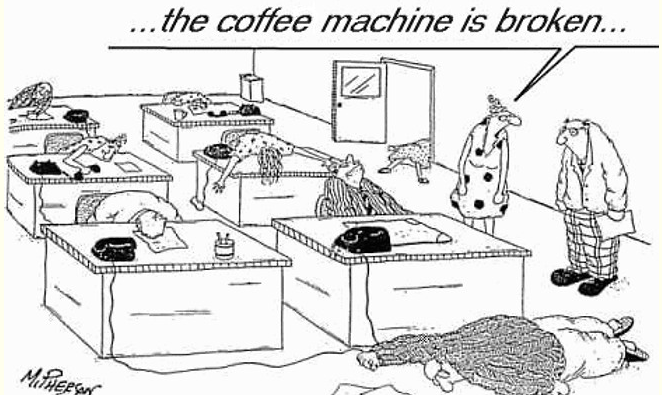
The proposed economic policies of US presidential candidates Donald Trump and Hillary Clinton could have severe impacts on Canadian businesses.
Some Canadians don’t care about what happens in the upcoming US presidential election. Some say that they hope Donald Trump wins because it would be funny. But here’s one of the reasons why Canadians should be taking the political affairs of our Southern neighbour much more seriously.
Another student blog post outlined the importance of the G20 in managing the interconnectedness of the world economy. Canada and the United States are both a part of this group of influential nations, and our economies are both very strongly intertwined.
Currently in the United States, there has been an increased desire for protectionism due to the rising fear of terrorism. Republican candidate Donald Trump has proposed economic policies to enforce protectionism, such as renegotiating the North American Free Trade Agreement and pulling the US out of the Trans-Pacific Partnership agreement. This would mean a radical change in the US economy, and falling US stock prices indicate that investors are losing trust in the American economy.
As Canada’s biggest trade partner, changes in US trading policy would have a major impact on our country. A Globe and Mail article expresses that Canadian companies may need to rethink their business strategy in the event that Mr. Trump becomes president. Many businesses are holding off on expanding into the US in fear that the new policies will have a negative effect on them, and investors are demonstrating an unwillingness to invest in the US. If US trading borders are hardened, it will mean increased costs of purchasing materials from the US. If Canadian companies do wish to continue selling in the US, they may have to begin producing from within the US to avoid tariffs on Canadian-made goods. Either way, Trump’s protectionist policy would have a severely negative impact on the Canadian economy, especially since the US is Canada’s number one country to export to.
It seems reasonable that uncertainty in politics, such as the election of a new president, often leads to fear and distrust in the economy. Therefore, a slow-down in trade is predictable. International business always has associated risks, because businesses cannot always influence the policies of other nations. Companies that attempt to acquire lower costs and cheaper resources by outsourcing materials and labour may succeed in doing so, but there is also the risk of the country changing their policies. Regardless of which US candidate is elected president, it is clear that the United States is very influential in the world economy, especially for Canada as our biggest trade partner. Therefore, it really is important that Canadians pay attention to what both Trump and Clinton’s proposed policies would mean for businesses in Canada, and plan accordingly for any possible outcome.
Word count: 449
References:
Bao, X. (2016, October 15). G20 Summit 2016. Retrieved October 16, 2016, from https://blogs.ubc.ca/baoxinyi/2016/10/15/g20-summit-2016/
Campbell, D. (2016, August 08). Canadian businesses shift strategy amid threat of Trump presidency. Retrieved October 14, 2016, from http://www.theglobeandmail.com/report-on-business/small-business/going-global/canadian-companies-doing-business-in-us-worry-about-trump-presidency/article31303910/
Imports, exports and trade balance of goods on a balance-of-payments basis, by country or country grouping. (2015). Retrieved October 15, 2016, from http://www.statcan.gc.ca/tables-tableaux/sum-som/l01/cst01/gblec02a-eng.htm
Leong, R. (2016, September 26). Global stocks wobble before U.S. debate, output deal hope lifts oil. Retrieved October 16, 2016, from http://www.reuters.com/article/us-global-markets-idUSKCN11W00R
Goldhill, O. (2016, October 01). The reason we can’t agree on what’s factual is that facts don’t exist. Retrieved October 16, 2016, from http://qz.com/798268/presidential-debate-a-philosopher-explains-why-facts-are-irrelevant-to-donald-trump-and-hillary-clinton/
Sherwood, I. (n.d.). How the 2016 Presidential Election Will Be Won on Social Media. Retrieved October 16, 2016, from http://www.futureofbusinessandtech.com/news/how-the-2016-presidential-election-will-be-won-on-social-media



